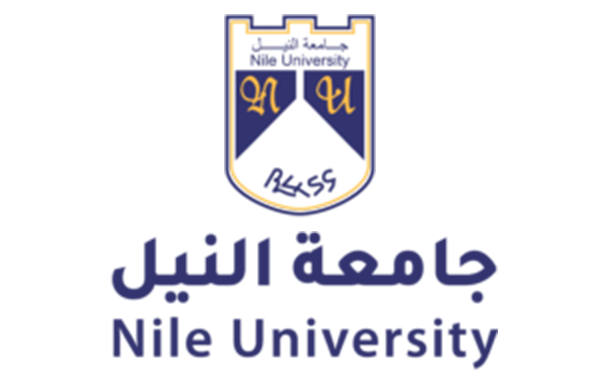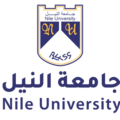About The Medical Program
The program for medical degrees is designed according to the recent advances in medical education. We adopted the outcome-based curriculum using widely accepted knowledge, skills and professional behavioral outcomes.
- The studies take the form of integrated courses which aim at motivation and relevance.
- One of our aims is to qualify our students for international postgraduate degrees. Already some of our graduates are preparing for British and US examinations.
- Finally, Nile University is expanding fast but our focus is still on quality resources and management. (Read more).
The MBBS degree in Medicine employs an outcome-based curriculum based upon the educational standards prescribed by the World Federation for Medical Education (WFME). The program’s integrated coursework objectives to motivate students to excel and prepares them for international postgraduate degrees.
The methods used are those which combine attendance to students needs with effectiveness. Students participation development of social responsibility and self- study habits is one of the topmost goals. The methods of student’s assessment are selected according to the objectives of the courses with diligent attention to setting of standards
The design of the program of studies and the learning experiences shall help students to:
- Develop a high standard of moral and professional ethics.
- Acquire learning skills in the direction of self- reliance, confidence and techno-competence so as to pursue continuing and postgraduate studies.
- Be capable of integrating knowledge of structure and function at molecular, cellular, organ and whole body levels.
- Apply basic medical information and knowledge of the mechanisms of disease in solving health problems at the level of the community, the family and the individual patient.
- Develop a comprehensive approach to patient care including psychosocial aspects of health and disease.
- Acquire essential skills in dealing with outpatients, in-patients and medical emergencies.
- Accumulate knowledge, skills and attitudes needed for communication, rapport and fostering a climate of confidence and cooperation with patients as well as other members of the health team.
Objective Of The Programme
Education Outcomes
The curriculum of medicine at the Faculty of Medicine, Nile University, is an outcome-based curriculum, which by definition uses phase and final educational outcomes in planning the learning experiences and assessment of students. The following educational outcomes are guided by recommendations of the WHO, Eastern Mediterranean Regional Office and originate from those adopted by the World Federation for Medical Education (WFME). The graduate must demonstrate:
- The ability to care for individual patients by both preventing and treating illnesses.
- Contribution to community health promotion through cost-effective use of health resources.
- Willingness to work with other health professionals in the provision of comprehensive health care.
- The ability to continue to acquire and update a sound educational base to respond to evolving and changing health needs throughout their careers.
- Appreciation of the value of continuing personal and professional development, through in-service training, continuing professional development and use of modern information technology.

